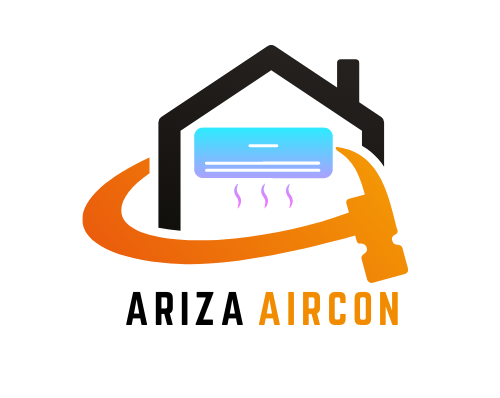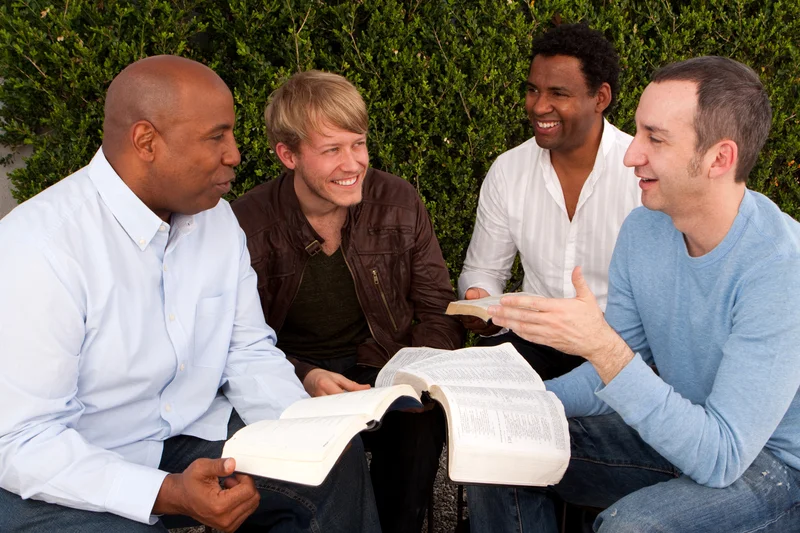
However, according to the NHS, 21% of adults in England regularly drink over this amount each week. Binge drinking is also reported to be a habit of 12% of adults in the UK2. A person should speak with a doctor if these symptoms do not improve. Without diagnosis and treatment, it could lead to liver complications. Night sweats are often self-limiting and not a cause for medical intervention. However, if they persist, recur, or happen alongside other symptoms, help may be necessary.
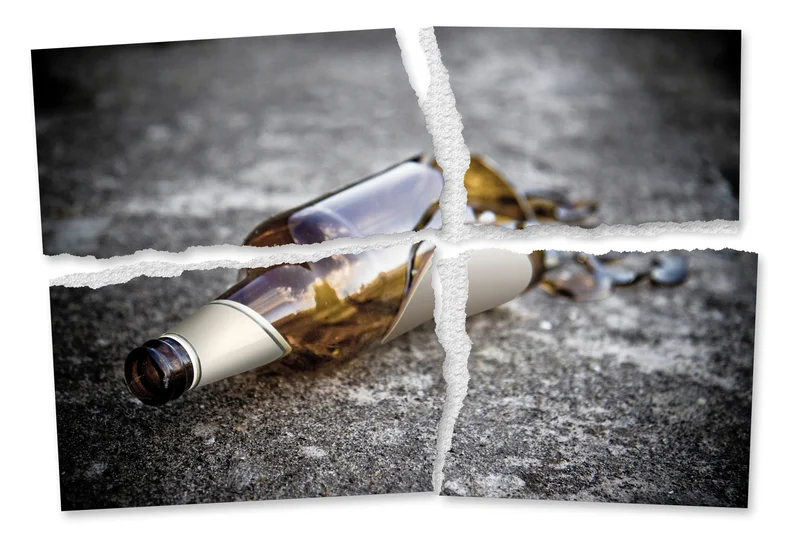
How do I treat a hangover?
Drinking alcohol often comes with a range of sensations, from the warmth that spreads through the body to the relaxation that follows. One of the most common experiences during and after drinking is feeling unusually hot. This sensation can be perplexing, especially for those who may not understand the physiological processes at play. ” is one that many people ponder, as they try to make sense of this common phenomenon. Night sweats may also result from alcohol withdrawal or alcohol intolerance. For people who already experience night sweats, including those going through menopause, consuming alcohol can worsen the sweating.
our Heart Races
It’s also useful to note that while you may begin feeling warm when drinking alcohol, this is actually deceiving. In addition, sweating caused by alcohol lowers your body temperature even further. As alcohol is broken down into acetaldehyde and then into acetic acid before being eliminated from the body, each step releases energy that can elevate body temperature temporarily. This metabolic Sober living house heat adds another layer to understanding why one might feel hot after drinking. For many people, night sweats may have links to their alcohol consumption for a particular occasion.
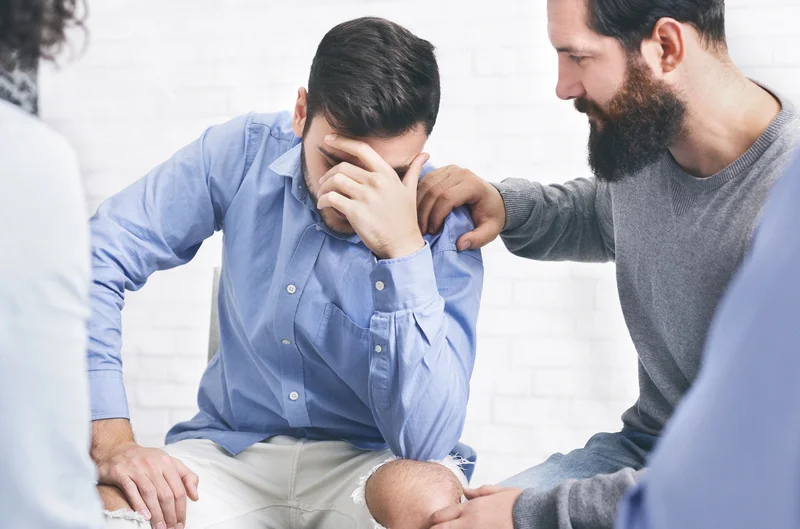
How Do You Treat an Alcohol Flush Reaction?
- It’s a disorder in which your body’s nerves are damaged due to drinking alcohol.
- Without diagnosis and treatment, it could lead to liver complications.
- The consumption of coffee elevates our metabolism, causing our cells to produce more heat.
This can create a warming sensation, especially in your extremities. As blood vessels dilate and blood moves more freely, you might feel a flush or an increase in body temperature. Factors such as room temperature, humidity, and exposure to sunlight or heat sources can contribute to the sensation of feeling hot.

Water in bowl disappears?
Although a post-sugar dip why does alcohol make you hot is usually nothing to sweat about, it’s recommended that you speak with a health care provider if you experience recurring symptoms. They may be able to do additional tests to rule out an underlying medical condition and suggest diet and lifestyle modifications to help you manage your condition. This last reason is the cause behind why many Asians have a very flushed cheek after they drink some alcohol. Alcohol Flush Reaction, commonly known as Asian glow, is an effect caused by alcohol where the face and body become red and feel warmer than usual. Have you ever noticed that consuming a glass or two of wine can cause you to experience a mild flushing or warming sensation? This phenomenon is not uncommon, and there are several reasons why it might happen.
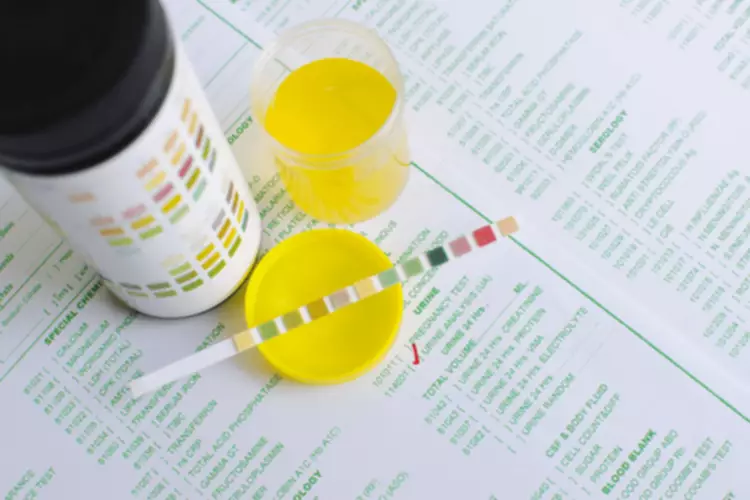
Can A Hangover Cause Flu Like Symptoms?
Allergic reactions can trigger an immune response, leading to symptoms such as flushing, skin rashes, or increased body temperature. If you suspect an allergic reaction, it is crucial to seek medical attention immediately. It’s also worth noting that, apart from alcohol withdrawal, hot flashes may occur as a result of alcohol intolerance — which is when our body has an adverse reaction to alcohol.
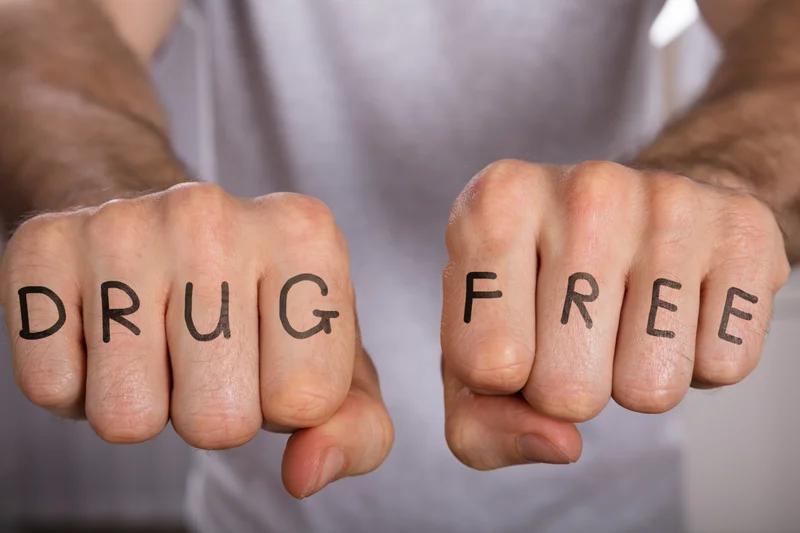
Metabolism Boost
- Moderation is key in enjoying coffee without adverse effects on your health.
- To treat alcohol flush reactions, you can first try managing symptoms with antacids or consider speaking with a healthcare professional for guidance.
- It increases blood flow to the skin and impairs the body’s ability to shiver, making us feel warmer while reducing our actual core temperature.
- While not dangerous in small amounts, long term acetaldehyde exposure is linked to higher cancer risks and chronic inflammation.
For example, drinking more alcohol (“hair of the dog”) won’t help a hangover. More alcohol just increases the toxicity of the alcohol already in your body. It’s a disorder in which your body’s nerves are damaged due to drinking alcohol.
With extensive experience in the field of addiction treatment, Francisco is dedicated to helping individuals access the resources they need for successful recovery. Our state-specific resource guides offer a comprehensive overview of drug and alcohol addiction treatment options available in your area. Whether you are struggling with addiction, mental health or both, our expert team is here to guide you every step of the way. Don’t wait— reach out today to take the first step toward taking control of your life. Rough sleeping in extremely low temperatures over winter, combined with prevalent alcohol addiction problems, make the homeless population particularly vulnerable to hypothermia. For most of us the chances of developing hypothermia are slim as long as we drink sensibly and avoid alcohol-induced bad decisions like going out in freezing weather.
- Generally, the initial rush of warmth and energy can be felt within minutes of consumption and might last anywhere from 30 minutes to a couple of hours.
- It should not be used in place of the advice of your physician or other qualified healthcare provider.
- Conveniently offered in portable packets, take 2-4 chewables before bed or when needed most.
- This increased metabolic activity can lead to a temporary elevation in body temperature.
Those with a higher tolerance may experience less pronounced feelings of warmth compared to someone who seldom consumes caffeine. The same applies to https://ecosoberhouse.com/ caffeine sensitivity; individuals more sensitive to caffeine may experience stronger physiological responses, including feeling hotter. One of the primary reasons wine, like other alcoholic beverages, causes a warm sensation is due to a physiological response called vasodilation.
Staying well-hydrated is also essential, as hydration can help your body regulate temperature more effectively and alleviate the intensity of warmth felt after drinking coffee. Additionally, the consumption of hot beverages, such as coffee, can naturally raise your body temperature. When you ingest something heated, your internal body temperature may rise slightly. This combined effect of caffeine and the temperature of the drink itself contributes to that feeling of warmth you experience. Sipping on a hot beverage can naturally increase your body temperature. When you consume something hot, it adds thermal energy which raises your core temperature temporarily.
